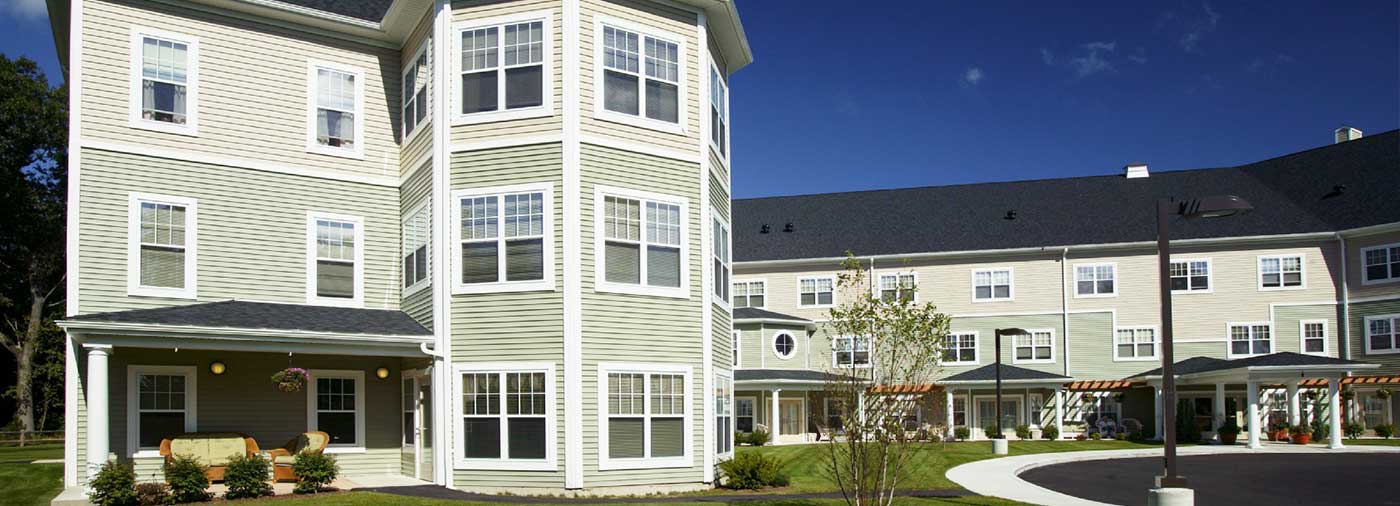For most people, remaining as healthy and independent as possible for as long as possible is the #1 goal of aging. Although the ideal image that typically comes to mind is of golden years spent in a family home or living on your own, choosing an assisted living community can actually help us prolong health and independence and even enjoy new experiences and social connections that might otherwise not be possible.
What Many People Get Wrong About Assisted Living Communities
If you or a family member feel ambivalent towards the idea of assisted living, rest assured you are not alone. There are many myths and misconceptions about what life is like at an assisted living community. But as with any personal and health-related decision, separating fact from fiction is the best way to find the solution that is best for your family’s needs.
Here are just a few of the most common misconceptions about assisted living:
Assisted Living Is Only for Sick or Disabled Seniors
In addition to providing services such as memory care for seniors experiencing Alzheimer’s disease or dementia symptoms, assisted living communities provide assistance with activities of daily living such as bathing and grooming. Many seniors are perfectly healthy but benefit from having their housekeeping, meal and transportation needs met in an inclusive community, which can free up their time and resources to enjoy new activities and interests.
Moving a Loved One to Assisted Living Is Cruel or Selfish
If you have been acting as a caregiver or primary support system for a friend or family member, you have probably heard of (and experienced) the condition known as caregiver burnout. But even if a senior has been relatively self-sufficient until an injury or sudden decline in health, many families struggle with the decision to seek outside help and support. In addition to assisted living and memory care for seniors, SALMON Health and Retirement offers support services for families at every stage of the process. A transition to an assisted living community can be difficult, but choosing the best care option for your loved one is never selfish.
Seniors Are Always Better Off at Home Than in an Assisted Living Community
Every situation is different, but the goal of assisted living communities is to improve every resident’s quality of life. From the health-related aspects to personal well-being, many seniors will actually benefit from a new environment, especially if they live alone or far away from friends and loved ones. Much of the focus of senior care tends to be on physical health needs, but loneliness and isolation among seniors is a growing problem that also poses risks to their overall health. Assisted living offers a built-in community where seniors can make new friends, enjoy new activities and opportunities to socialize on a daily basis and receive the household and health-related services they need.
Living in Assisted Living Means Giving Up Autonomy and Independence
Unlike a hospital or nursing home, assisted living communities are just that — a community where a senior is a resident in their own home, free to participate and move about as much or as little as they choose depending on their needs. In reality, many residents find that moving to a community where essential needs like health, food, recreational, domestic and transportation needs are met is actually quite liberating. For many new residents, it may be the first time in years or even decades that they have the time and the freedom to pursue new interests or old hobbies that may have been put on the shelf to take care of family and their former household.
Assisted Living Is Too Expensive
Due to the fact that costs for assisted living communities include a majority of former household expenses, such as rent, utilities, transportation, household help, and nutrition, among others, many people find that assisted living can actually be comparable to their former cost of living and expenses, depending on their needs and individual situation.
Moving to Assisted Living Might Make Memory Loss Worse
For seniors experiencing memory problems, the notion of moving them to a new and initially unfamiliar environment may seem counterintuitive. But assisted living can actually offer the best of both worlds: the memory care and monitoring that your loved one needs, with the relative freedom and independence of living in a supportive and controlled environment.
Rather than looking at it as a complete break with their old life, assisted living gives seniors the opportunity to preserve their dignity and quality of life with the built-in support of professional caregivers and social services.
As a person’s needs and health change with age or the onset of dementia or Alzheimer’s disease, assisted living can offer the care and setting they need.
Contact Us
For more information about assisted living and support services for seniors and their families, contact us today to learn more.




